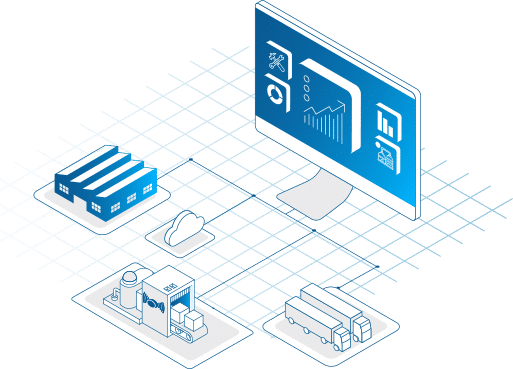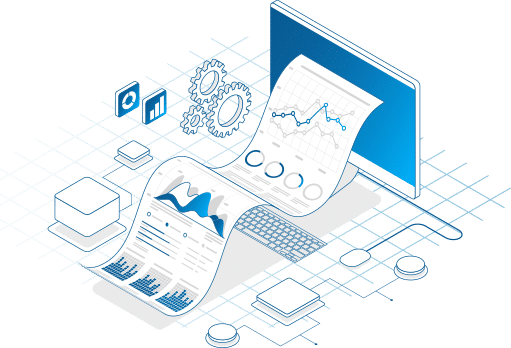Meeting Industry 4.0 and OEE Goals with Real-time Analytics to Increase Factory Performance in the Plastics & Rubber Industries
The global plastics market is expanding due to increasing consumption in the construction, consumables, automotive, electronics, and medical device industries. This industry is adapting to a variety of needs from the current market including the expanding use of plastic in high growth industries, increased focus from consumers on biodegradable plastic, and how the fluctuation cost of oil and natural gas affects future production costs.
The global market for rubber is split between natural and synthetic rubber products. Catheters, medical gloves, tires and 50,000 other projects are made from the more than 15 million tons of natural rubber produced globally each year. However, according to the International Tripartite Rubber Council, there will be a global shortage of 1 million tons of natural rubber this year, due to blight and diseases killing rubber trees in growing regions across the planet.
The rising demand for synthetic rubber is the major driving factor for market growth. The health hazards involve in producing synthetic rubber and increased environmental regulations are the factors which are concerns of the synthetic rubber manufacturers.
As the plastics and rubber industries adapt to the future, producers and vendors must look for ways to gain a competitive advantage, while reducing costs and making their processes eco-friendlier.
To remain competitive, plastics and rubber manufacturers must increase productivity and improve quality to meet customer’s specifications while reducing unit costs. Investing in digital transformation allows businesses to gain better control of processes to ensure clearer analytical insights to improve decision making processes for production. To achieve these goals, manufacturers must obtain end-to-end visibility of their processes.
Digital Transformation in the Plastics & Rubber Industries
In today’s competitive market, decision makers at all levels must be equipped with the best intelligence to make informed decisions at the right time. This process begins with collecting data from each machine on the shop floor and consolidating it into meaningful information for different levels of the organization. The goal is to deliver contextualized actionable information to shop floor managers and top-level executives in real-time. To do this, you need to implement digital technology that revolutionizes your factory through a series of adaptive changes.


How FactoryEye Transforms Productivity in the Plastics & Rubber Industries
FactoryEye is an affordable Industry 4.0 solution for mid-sized manufacturers that transforms data into actionable intelligence and provides visibility from the shop floor to the top floor. It supports monitoring of the entire process to enable plastics and rubber manufacturers to achieve objectives such as:
- Improve machine intelligence with a better connection of equipment and existing IT resources alongside smart data collection to enable greater selling, production, and service agility.
- Reduce mold change setup time via real-time alerts – a set of visual displays of all processes, tools and parts needed for a change, and online monitoring of changeover time provide statistics to aid improvements.
- Digital recipe management and integration of electronic weights for adherence with product specification – each final product coming out of the injection machine is analyzed to compare inputs and outputs in real-time which ensures higher quality and reduces waste.
- Improve cost per unit by continuously monitoring, in real-time, equipment OEE so that teams increase outputs per work order with mold preventative maintenance management to optimize product quality.
- Scrap reduction through the implementation of real-time statistical process control (SPC) to execute preventive activities based on trends and changes in product and production parameters.
- Seamless connectivity of key information systems like ERP, MES, PLM and QMS enables optimization of production planning, scheduling, procurement, and logistics.

